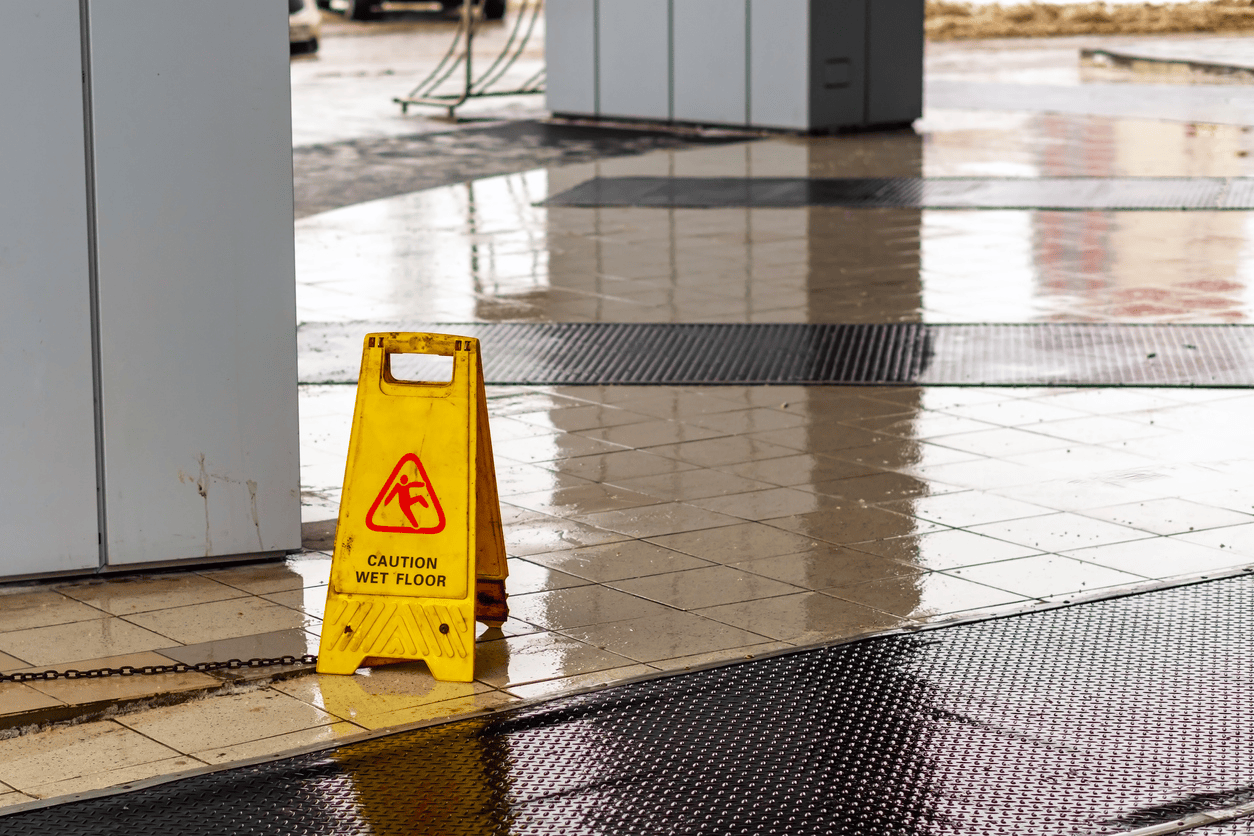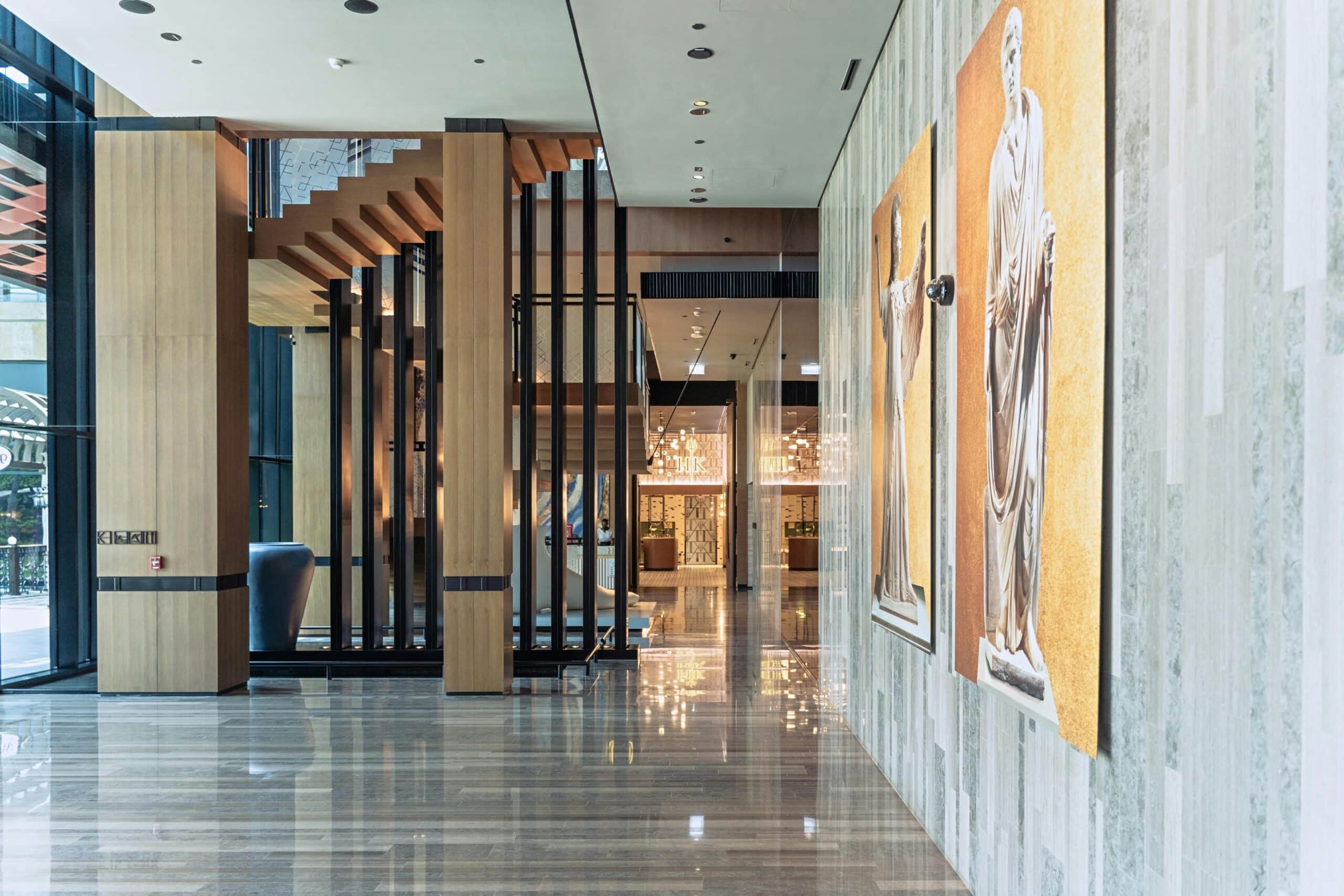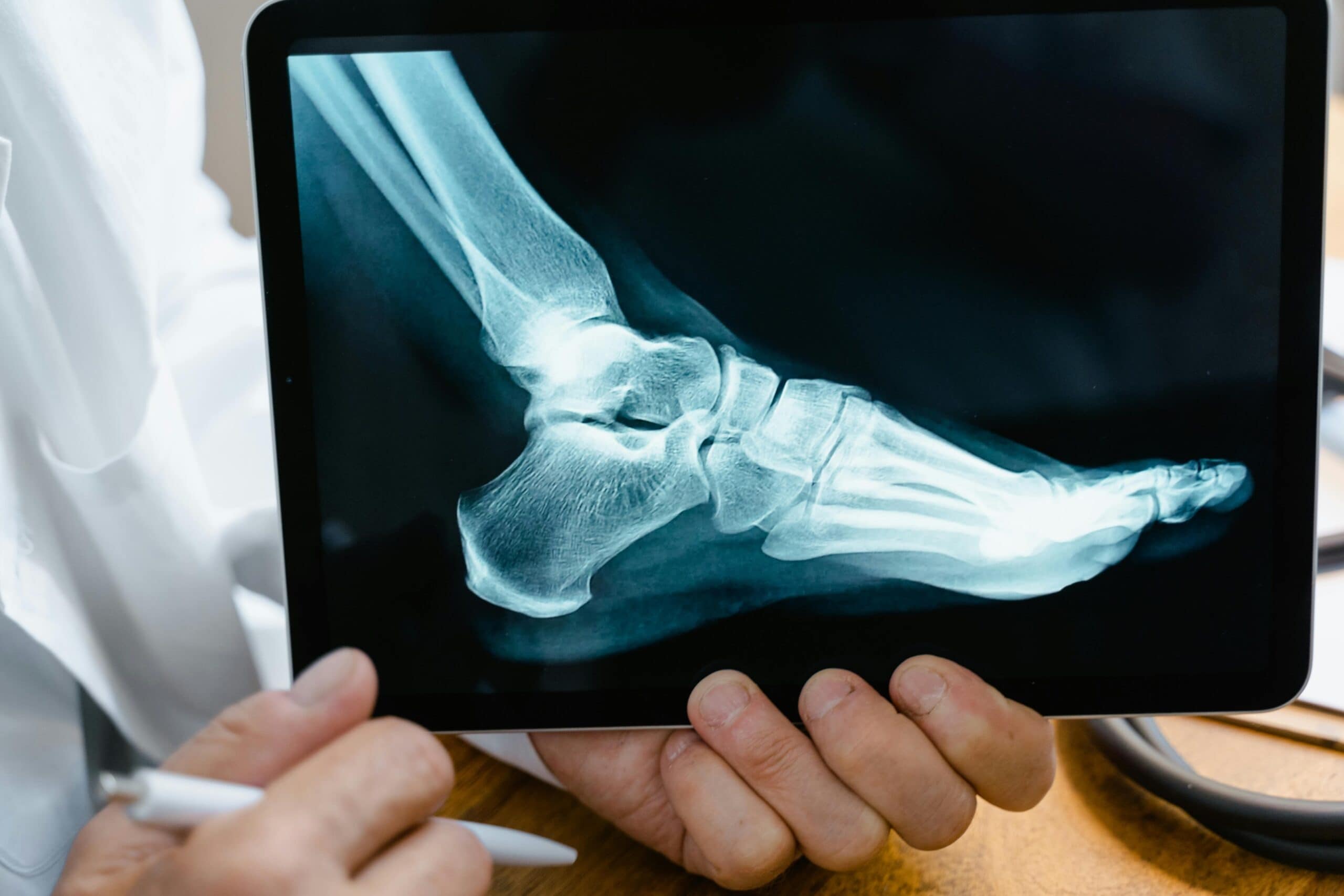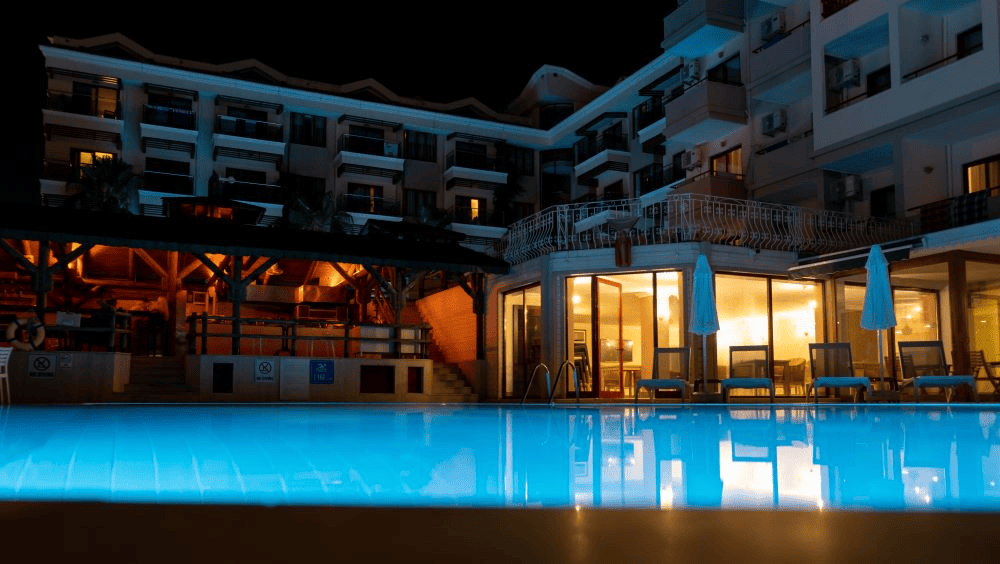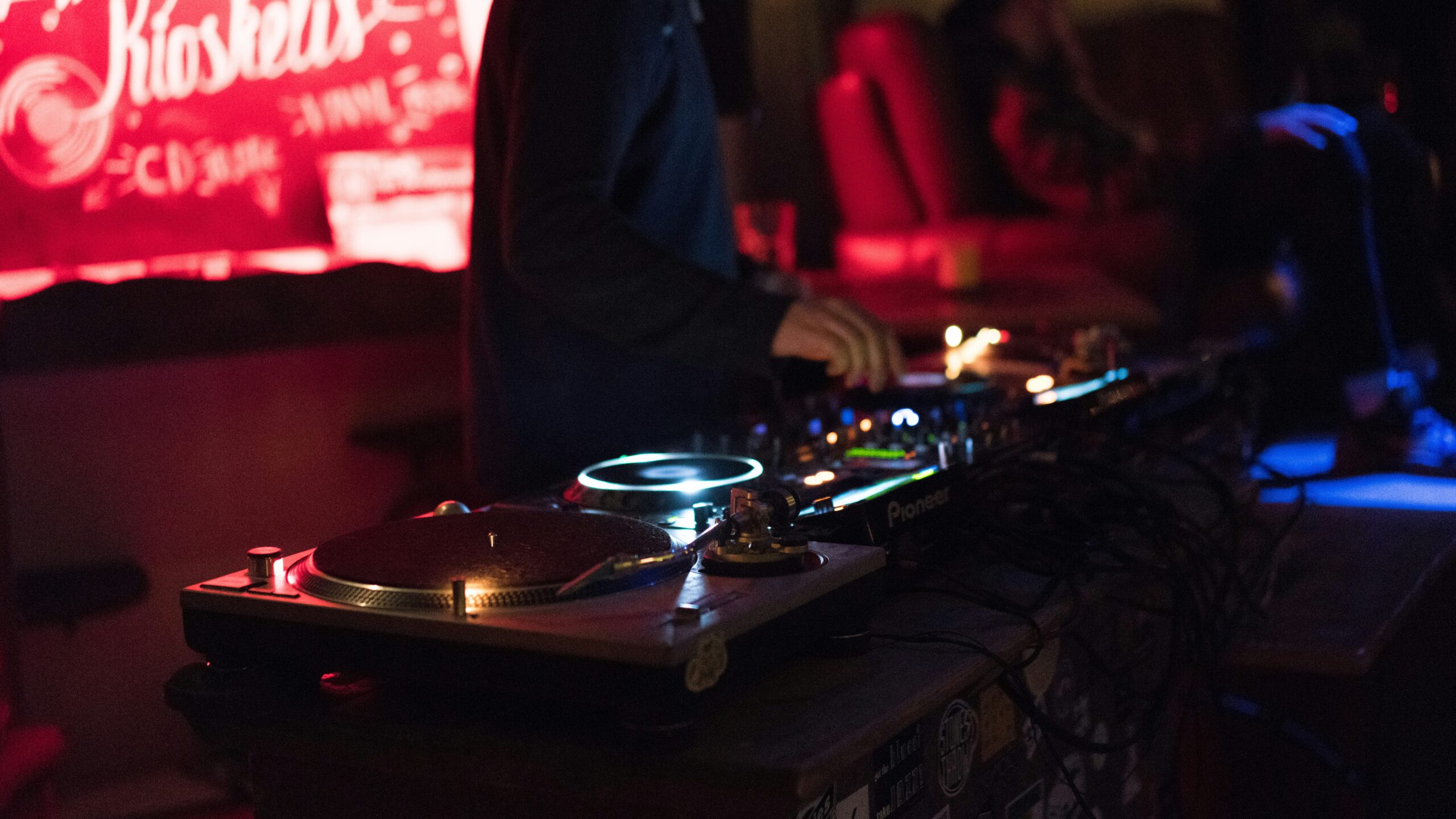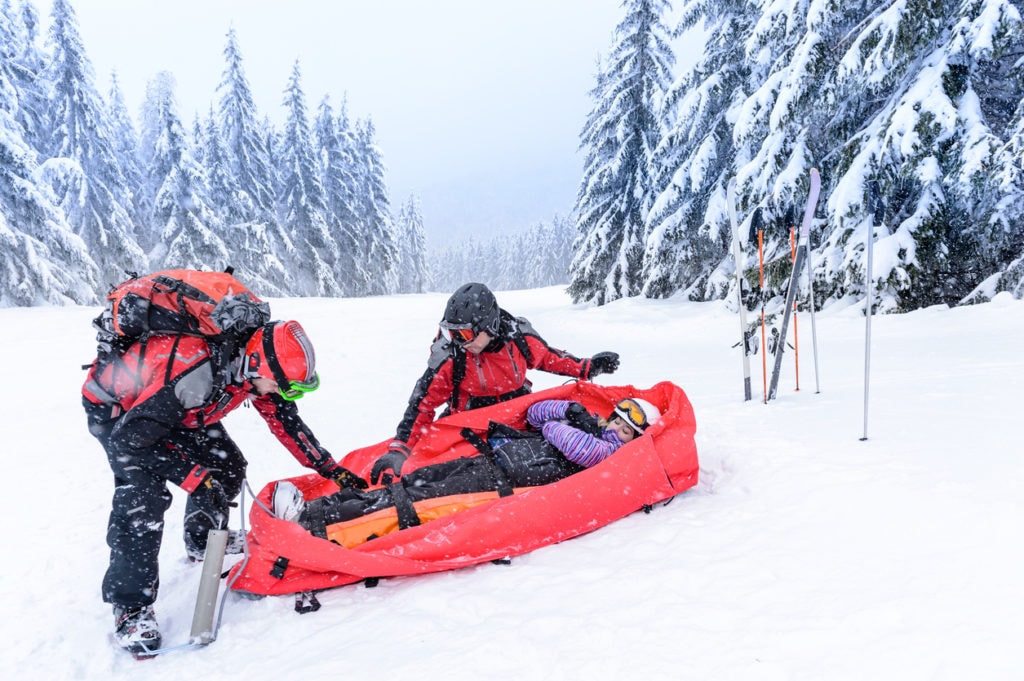
Colorado is synonymous with winter sports—especially skiing and snowboarding. With our world-class resorts such as Vail, Aspen, Winter Park, Keystone, and Breckenridge, Colorado offers skiers and snowboarders the mountain experience of a lifetime. Unfortunately, even a perfect bluebird day can be ruined in a moment by an injury on the slopes, either to you or to someone else as a result of your actions.
The issue of liability for negligent acts that injure other skiers or snowboarders is a complex one, as it involves questions of personal responsibility, legal responsibility, and the inherent risks of skiing and snowboarding. In general, skiers and snowboarders in Colorado are expected to know the limits of their abilities and to negotiate any ski slope or trail and to ski within those limits. Skiers and snowboarders must also heed all posted information and other warnings and refrain from acting in a manner which may cause or contribute to the injury of the skier or others. In addition, they are required to maintain control of their equipment, control speed and course and maintain a proper lookout to avoid colliding with or obstructing other skiers or snowboarders.
However, the question of whether a skier or snowboarder is legally liable for injuries caused to another person can be difficult to determine. In some cases, the injured party may be able to seek compensation from the negligent skier or snowboarder through a personal injury lawsuit. In order to succeed in such a lawsuit, the injured party must prove that the skier or snowboarder owed them a duty of care, that the skier or snowboarder breached that duty, and that the breach of that duty caused their injuries.
In many cases, skiers and snowboarders may be able to avoid liability for injuries caused to others due to liability waivers or releases required by ski resorts or mountain operators. These generally require skiers and snowboarders to give up their right to sue for injuries sustained as the result of inherent risks of skiing or snowboarding. While these waivers are generally enforceable, they may not always be effective in protecting a skier or snowboarder from liability. For example, if the injury was caused by a collision, or the intentional or reckless conduct of the skier or snowboarder, a liability waiver may not provide protection.
In addition to the potential liability of skiers and snowboarders for injuries caused to others, there is also the issue of whether ski resorts or mountain operators can be held liable for injuries sustained by skiers or snowboarders. In general, Colorado ski resorts and mountain operators have a limited duty to maintain their facilities in a safe condition, and to warn skiers and snowboarders of any potential hazards. If a ski resort or mountain operator fails to fulfill this duty, and a skier or snowboarder is injured as a result, the injured party may be able to seek compensation from the resort or operator through a personal injury lawsuit.
However, it is important to note that the risks of skiing and snowboarding are inherent in the activity, and that ski resorts and mountain operators are not always able to eliminate all hazards. Liability waivers or releases can also significantly limit their liability.
So how can you make sure that your Colorado skiing or snowboarding trip is as safe as possible? Overall, the best way for Colorado skiers and snowboarders to protect themselves from injuries, and from liability for injuries caused to others, is to follow the rules of the ski resort or mountain, maintain control of your equipment, and to keep a lookout for other skiers and objects, especially those downhill from you. Stay inside the boundaries of the ski area, and stay clear of snow grooming equipment, lifts, lift towers, signs, and any other equipment on the ski slopes and trails. You should also refrain from skiing or snowboarding if you are impaired by alcohol or any controlled substance or other drug. If you are involved in a collision with another skier or snowboarder where there is an injury, make sure you give your name and current address to an employee of the ski area or mountain operator.
Every year, the National Ski Area’s Association releases fact sheets.
There were a total of 57 fatalities reported during the 2021/22 season which is higher than the 10 year industry average at 40 fatalities per season which is a significant increase. During this same time period there were 54 catastrophic incidents reported. Males comprised 72% of all skier/snowboarder catastrophic injuries.
The Bourassa Law Group helps injured people all over the state of Colorado. If you are injured at a ski area, please reach out to us as soon as possible, we are ready to help you determine whether you have a potential claim. Call us now!
